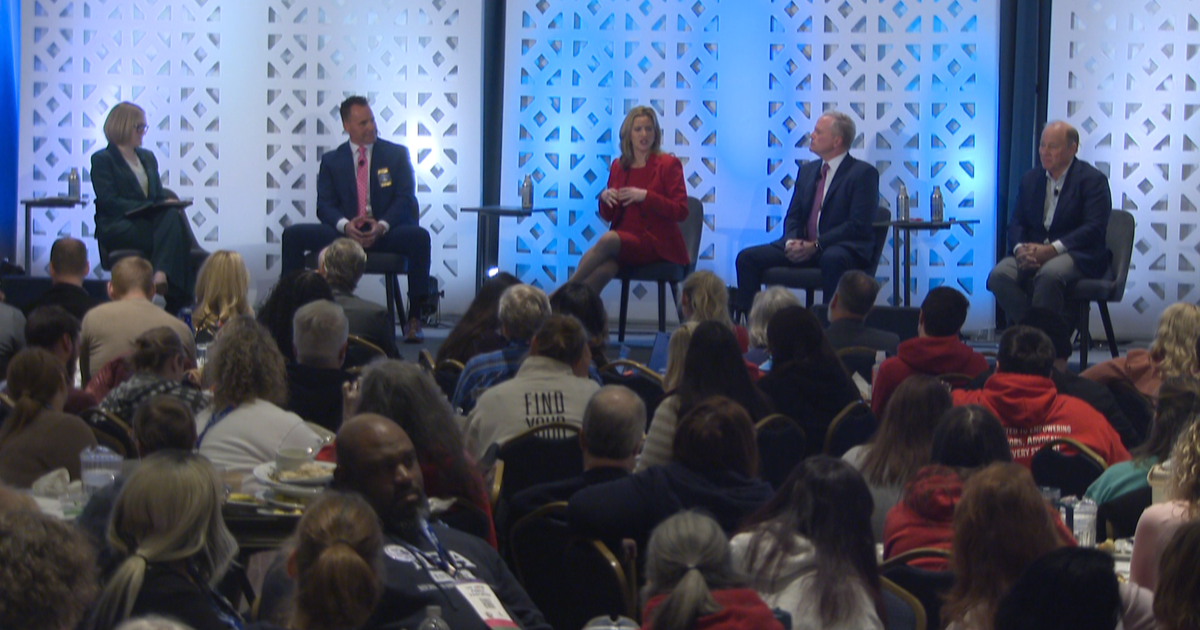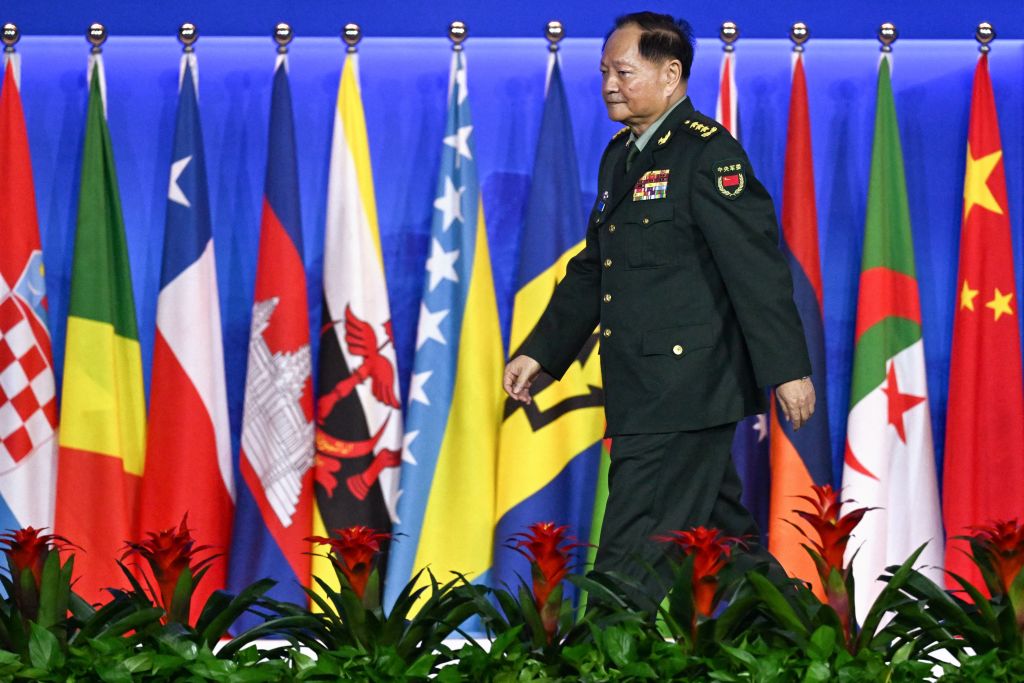Biden speaks with China's Xi, raising economic practices and human rights abuses
Washington — President Biden spoke by phone with Chinese President Xi Jinping on Wednesday, the White House said, the first conversation between the two since Mr. Biden won the presidential election.
The president raised a number of contentious issues during the call, according to a readout provided by the White House, underscoring his "fundamental concerns about Beijing's coercive and unfair economic practices, crackdown in Hong Kong, human rights abuse in Xinjiang and increasingly assertive actions in the region, including toward Taiwan."
Mr. Biden and Xi also discussed combatting the COVID-19 pandemic, as well as the "shared challenges of global health security, climate change and preventing weapons proliferation," the White House said.
"President Biden committed to pursuing practical, results-oriented engagements when it advances the interests of the American people and those of our allies," according to the summary of the call.
Mr. Biden told reporters in the Oval Office on Thursday he and Xi spoke for "two straight hours" and said China has major infrastructure initiatives already underway.
"It was a good conversation. I know him well. We spent a lot of time together over the years I was vice president. But if we don't get moving, they're going to eat our lunch," he said, adding China is investing billions of dollars into issues relating to transportation and the environment. "We just have to step up."
While the call between the president and Xi was their first since Mr. Biden won the presidency, the two spent extensive time together while Mr. Biden was vice president.
"I probably spent more time with Xi Jinping, I'm told, than any other world leader has, because I had 24, 25 hours of private meetings with him when I was vice president," Mr. Biden told CBS News in an interview last week. "Traveled 17,000 miles with him. I know him pretty well."
The president said he and Xi have "a whole lot to talk about."
"He doesn't have — and I don't mean it as a criticism, just the reality — he doesn't have a democratic, small D, bone in his body," Mr. Biden told CBS News. "But he is — the question is, I've said to him all along, that we need to not have a conflict. But there's going to be extreme competition. And I'm not going to do it the way that he knows. And that's because he's sending signals as well. I'm not going to do it the way Trump did. We're going to focus on international rules of the road."
Mr. Biden's approach to China is likely to differ from that of former President Donald Trump, whose administration spent substantial time seeking a trade deal with Beijing and aggressively imposed tariffs on more than $360 billion in Chinese goods. Mr. Trump ended his tenure blaming China for the coronavirus, the first cases of which were identified in Wuhan before the virus spread worldwide.
During a visit to the Pentagon on Wednesday, Mr. Biden revealed a new Defense Department-wide China task force led by Special Assistant to the Secretary of Defense Dr. Ely Ratner, which will look at the U.S.'s "strategy, operation concepts, technology and force posture, and so much more," he said. The president said the task force will make recommendations in the coming months on "key priorities and decision points so that we can chart a strong path forward on China-related matters."
"That's how we'll meet the China challenge and ensure the American people win the competition of the future," Mr. Biden said during his visit.



